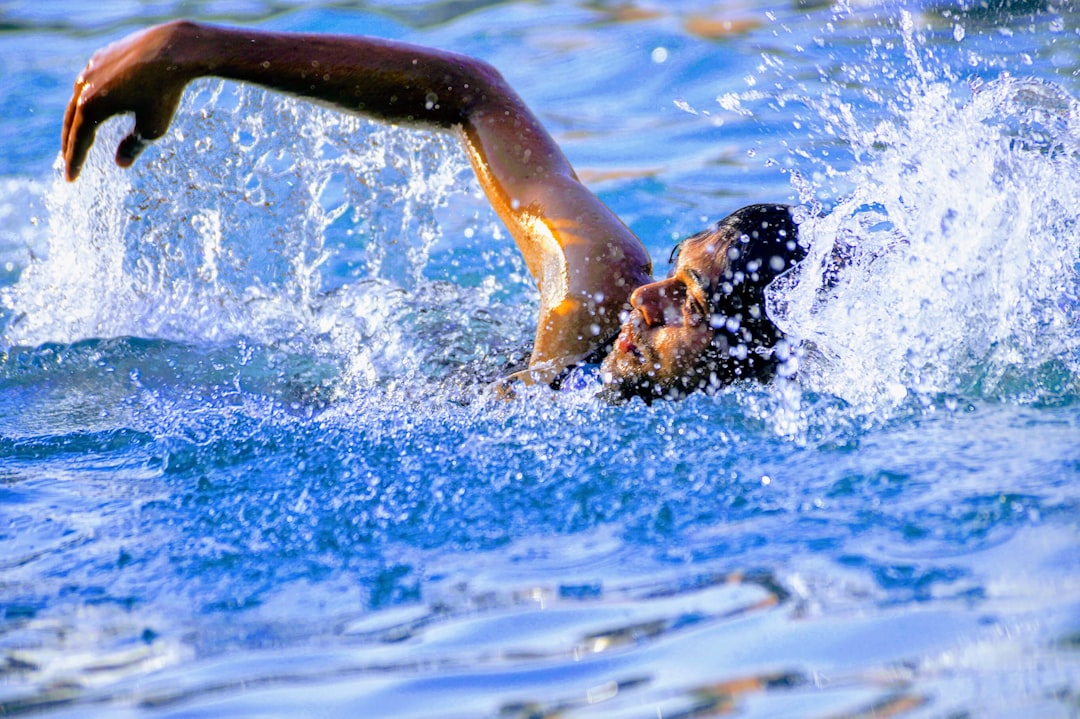Professional Sportsperson Kaiwhakataetae Ngaio
Professional sportspeople take part in competitive national and international sports such as rugby, football, cricket, netball, golf, tennis and horse racing.
Professional sportspeople must register with their sport's national organisation to represent their country internationally.
Professional sportspeople may do some or all of the following:
- follow a training programme to develop fitness and strength
- practise the skills, drills and teamwork of their sport
- decide on competitive plans and strategies with coaches
- compete in national or international events
- consult with health professionals
- maintain their equipment
- work with sponsors
- public speaking.
Jockey
To become a licenced jockey you must complete the National Certificate in Equine (Level 4).
Harness Driver
To become a harness driver you need to work as a trainee for up to four years. This training leads to the National Certificate in Equine - Harness Racing (Level 4).
Physical Requirements
Professional sportspeople need to have excellent fitness and health.
Useful Experience
Useful experience for professional sportspeople includes:
- participation in junior, school or amateur sports events
- any outdoor recreation work or experience dealing with the public
- any other experience in their chosen sport or field.
Personal Qualities
Professional sportspeople need to be:
- competitive and motivated
- observant and alert
- disciplined and willing to work hard
- able to remain calm and perform well under pressure
- good at communicating with others
- able to accept feedback and criticism
- able to work well in a team.
Skills
Professional sportspeople need to have knowledge of:
- the rules, techniques, skills and tactics of their sport
- nutrition and exercise requirements
- injury prevention
- how to care for equipment such as racquets, shoes, bikes or boats.
Knowledge of sports psychology may also be useful.
Conditions
Professional sportspeople:
- work irregular hours, including early mornings, evenings or weekends
- train and compete in indoor or outdoor facilities such as gymnasiums, sports centres, rugby fields and tennis courts
- may be required to travel to get to sports grounds and venues.
Subject Recommendations
There are no specific secondary education requirements to become a professional sportsperson. However, physical education, biology, science and English to at least NCEA Level 2 are useful.
Related Courses
Professional Sportspersons can earn around .
Chances of getting a job as a Professional Sportsperson are good due to a shortage of people interested in this type of work.
Pay for professional sportspeople varies depending on the sport, and their performance and abilities.
- Most paid sportspeople are semi-professional, earning some money from sport, and having a second job to make a living.
- Semi-professional and some Olympic sportspeople based in New Zealand earn varying amounts – from the minimum wage to $60,000 a year or more.
- Top-level sportspeople in internationally popular sports, such as golf or rugby, may earn hundreds of thousands of dollars in salary, winnings or additional advertising contracts.
Many sportspeople employ managers to get them extra income from:
- appearance fees
- contracts
- performance bonuses
- sponsorship deals and performance grants.
Source: careers.govt.nz research, 2019.
Professional sportspeople follow a variety of paths when they retire from professional sport. Many go on to unrelated work, though others stay in the sports and recreation industry working as coaches, sports managers, administrators or commentators.
Professional sportspeople usually specialise in a particular sport such as netball, rugby, rugby league, tennis or cricket. Other specialisations include:
Footballer
Footballers play as part of a team in football competitions or tournaments.
Golfer
Golfers compete for money and prizes in golf tournaments. They may also act as a resident professional in golf schools and clubs.
Harness Driver
Harness drivers drive a horse from a sulky (a light cart), which is towed behind the horse in harness races.
Jockey
Jockeys ride racehorses at race meetings, trial meetings, jump outs and for track work.
Years Of Training
To become a professional sportsperson you need a high level of skill and experience in your chosen sport.
Many sports have junior or development squads or leagues. If you perform well at the junior level you can qualify for representative teams and gain competition experience. If you continue to perform well you may be offered professional opportunities.

 Henderson High School
Henderson High School